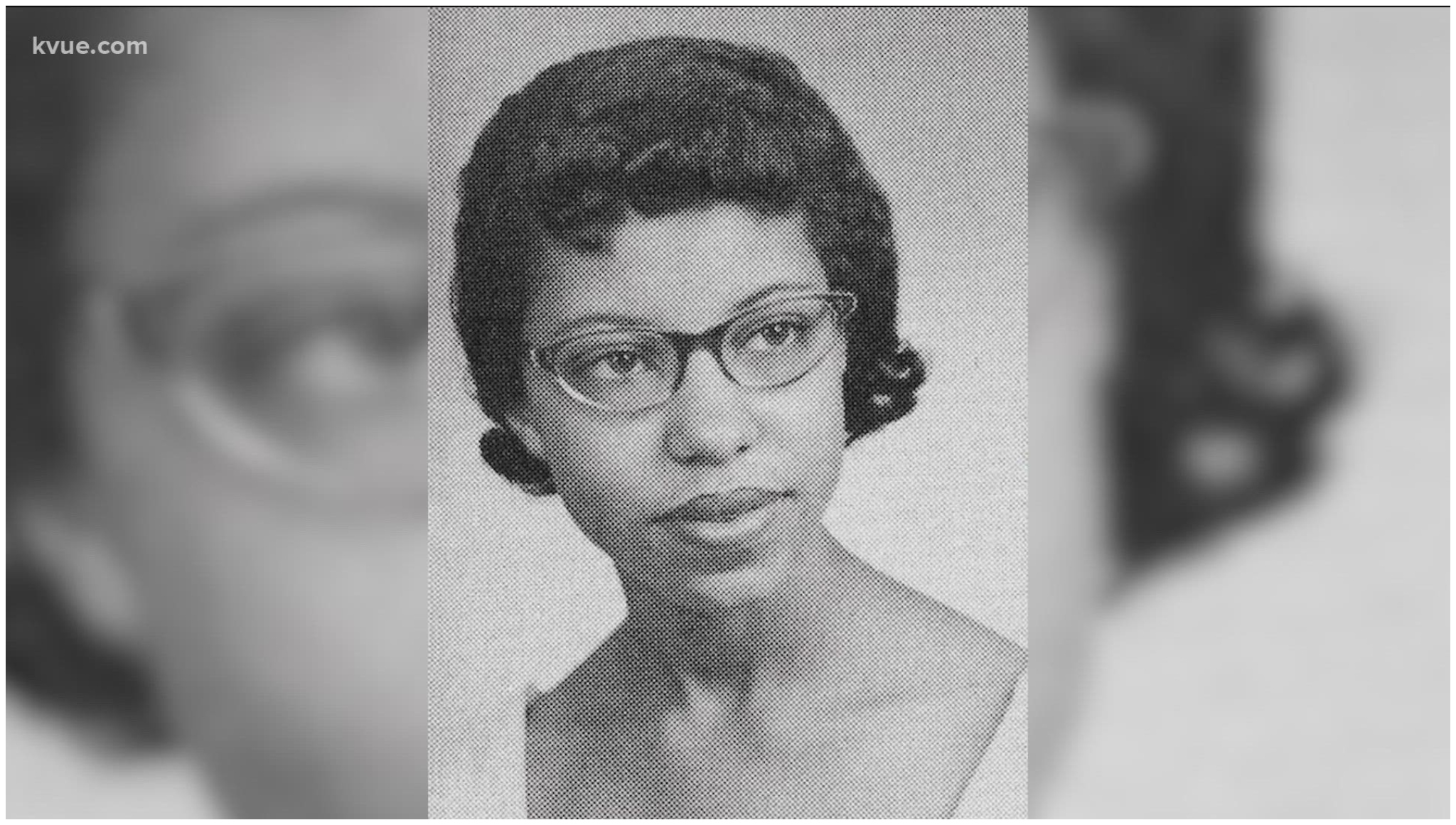Joan Means Khabele’s Brave Protest at Barton Springs Pool
Joan Means Khabele was just a senior at Austin High School in 1960 when she faced segregation firsthand. Black students were told they could not swim in Barton Springs Pool during their senior picnic. Without hesitation, Joan jumped in the water in protest.
This bold act sparked a summer of “swim-ins,” where activists repeatedly challenged segregation at the pool. Their courage helped lead to the full integration of Barton Springs and other city facilities just two years later. Today, Barton Springs Pool welcomes everyone and is a beloved spot for locals and visitors alike.
Recently, Austin City Council voted to rename the bathhouse at Barton Springs Pool in Joan’s honor. Lifeguard Scott Cobb, who nominated her, said, “Where she was not able to walk through that bathhouse, it now will bear her name.” He called it a fitting tribute to Joan and all young people who stand up for justice.
Early Life and Family Legacy of Activism
Joan Means Khabele grew up on Austin’s East Side. She was the eldest child of Bertha Sadler Means and James Means, two civil rights activists who helped found one of Austin’s first integrated churches. This strong family background inspired Joan’s own commitment to justice.
Joan was among the third group of students to integrate Austin High School. After graduating, she earned degrees from the University of Chicago and UCLA. She worked with the Peace Corps and taught in several African countries before returning to Austin to raise her family.
She passed away in 2021 at the age of 78, but her legacy of activism lives on in the community she helped transform.
Honoring Joan Means Khabele and Addressing History
The City of Austin declared April 9, 2022, as Joan Means Khabele Day, recognizing her lasting impact. Council Member Paige Ellis reminded the public, “Segregation at Barton Springs Pool is a very real part of our history that we have to confront.”
As the bathhouse undergoes renovations set to finish in 2025, officials vow it will serve everyone. “We have to honor the history of Barton Springs and Joan Means Khabele,” Ellis added.
Community leaders like Natasha Harper Madison praised the renaming. “Recognizing those who take bold and brave steps in the face of injustice is important,” she said. “It shows Austin is moving toward healing from past wrongs.”
The Larger Context of Segregation in Austin
Segregation in Austin has deep roots. In 1928, an all-white City Council forced Black and Hispanic residents into East Austin. Though legal segregation ended, displacement and inequality continue to affect communities of color.
The city has been working for years to repair these injustices. The renaming of the Barton Springs bathhouse is a symbol of progress and respect for those who fought for equal rights.





